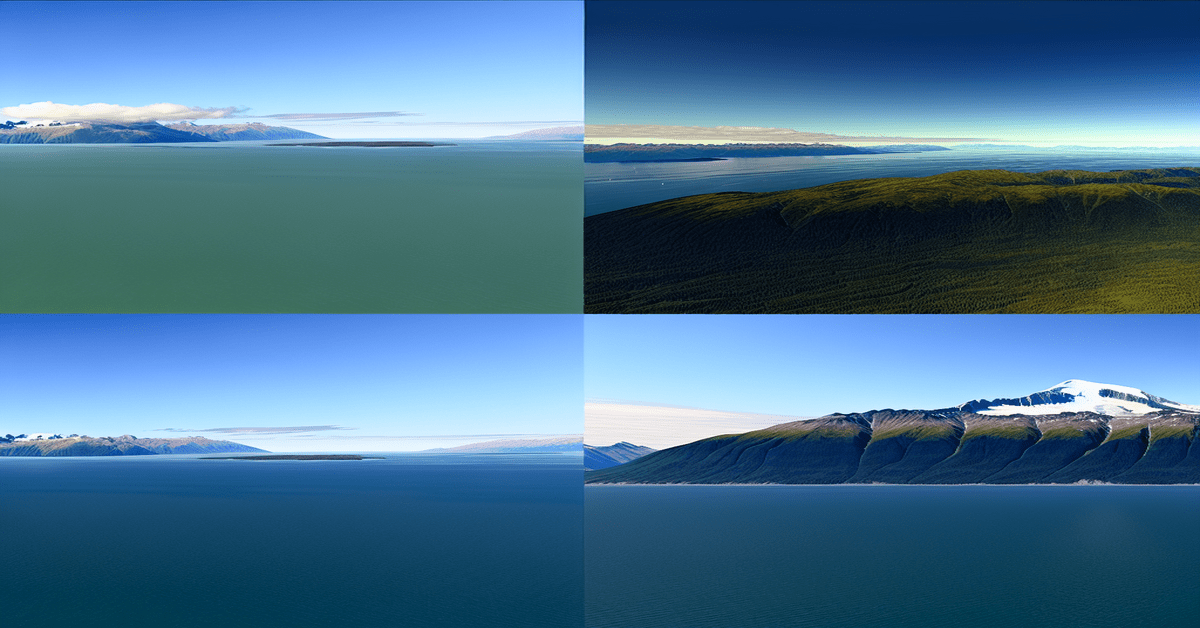Google Maps Set to Rename Iconic Locations: A Reflection of Changing Times
In a move that has sparked both curiosity and controversy, Google Maps is gearing up to rename two iconic locations: the Gulf of Mexico and Mount McKinley. These changes, while seemingly small on the surface, reflect a broader shift in how we perceive and label our world.
The Gulf of America: A New Name for an Old Body of Water
The Gulf of Mexico, a body of water that has been known by its current name for centuries, is set to be renamed the “Gulf of America” in some contexts on Google Maps. This change, while not universally applied, is part of a larger effort by the tech giant to reflect different naming conventions used in various regions.
The decision to rename the Gulf of Mexico has drawn mixed reactions from the public. Some argue that the name change is a necessary step towards recognizing the diverse perspectives and histories of the region, while others see it as an unnecessary alteration of a long-established geographical term.
The Importance of Naming Conventions
The debate surrounding the renaming of the Gulf of Mexico highlights the importance of naming conventions in shaping our understanding of the world. Names, whether they refer to geographical features, streets, or buildings, carry with them a wealth of historical, cultural, and political significance.
As society evolves and our understanding of history deepens, there is a growing recognition of the need to reevaluate and, in some cases, change the names we use to describe the world around us. This process, while often controversial, is a crucial step towards creating a more inclusive and accurate representation of our shared heritage.
Denali: Restoring an Indigenous Name
In addition to the Gulf of Mexico, Google Maps is also set to rename Mount McKinley, the highest peak in North America, to Denali. This change aligns with a decision made by the U.S. Department of the Interior in 2015 to officially restore the mountain’s traditional Athabascan name.
The renaming of Mount McKinley to Denali is a significant step towards recognizing and honoring the indigenous history of the region. The Athabascan people have referred to the mountain as Denali, which means “the high one” or “the great one,” for generations. By adopting this traditional name, Google Maps is acknowledging the importance of indigenous perspectives and the need to respect the cultural heritage of the land.
The Role of Technology in Shaping Our Understanding of the World
The decision by Google Maps to rename these iconic locations underscores the growing role of technology in shaping our understanding of the world. As one of the most widely used mapping platforms, Google Maps has the power to influence how millions of people perceive and interact with their surroundings.
By making these changes, Google is not only reflecting the evolving nature of geographical naming conventions but also setting a precedent for how technology companies can use their platforms to promote a more inclusive and accurate representation of the world.
Looking to the Future
As we move forward, it is clear that the process of renaming and recontextualizing our geographical landmarks will continue. This process, while often challenging and controversial, is a necessary part of creating a more equitable and representative understanding of our world.
The changes being made by Google Maps to the Gulf of Mexico and Mount McKinley are just the beginning of what is likely to be a long and ongoing conversation about the power of names and the importance of recognizing diverse perspectives and histories.
As individuals, it is up to us to engage with these changes in a thoughtful and respectful manner. We must be willing to listen to and learn from one another, to challenge our assumptions, and to work towards a shared understanding of the world that celebrates our differences while also recognizing our common humanity.
#GoogleMaps #GeographicalNames #Inclusion
-> Original article and inspiration provided by FOX 11 Los Angeles
-> Connect with one of our AI Strategists today at ReviewAgent.ai


